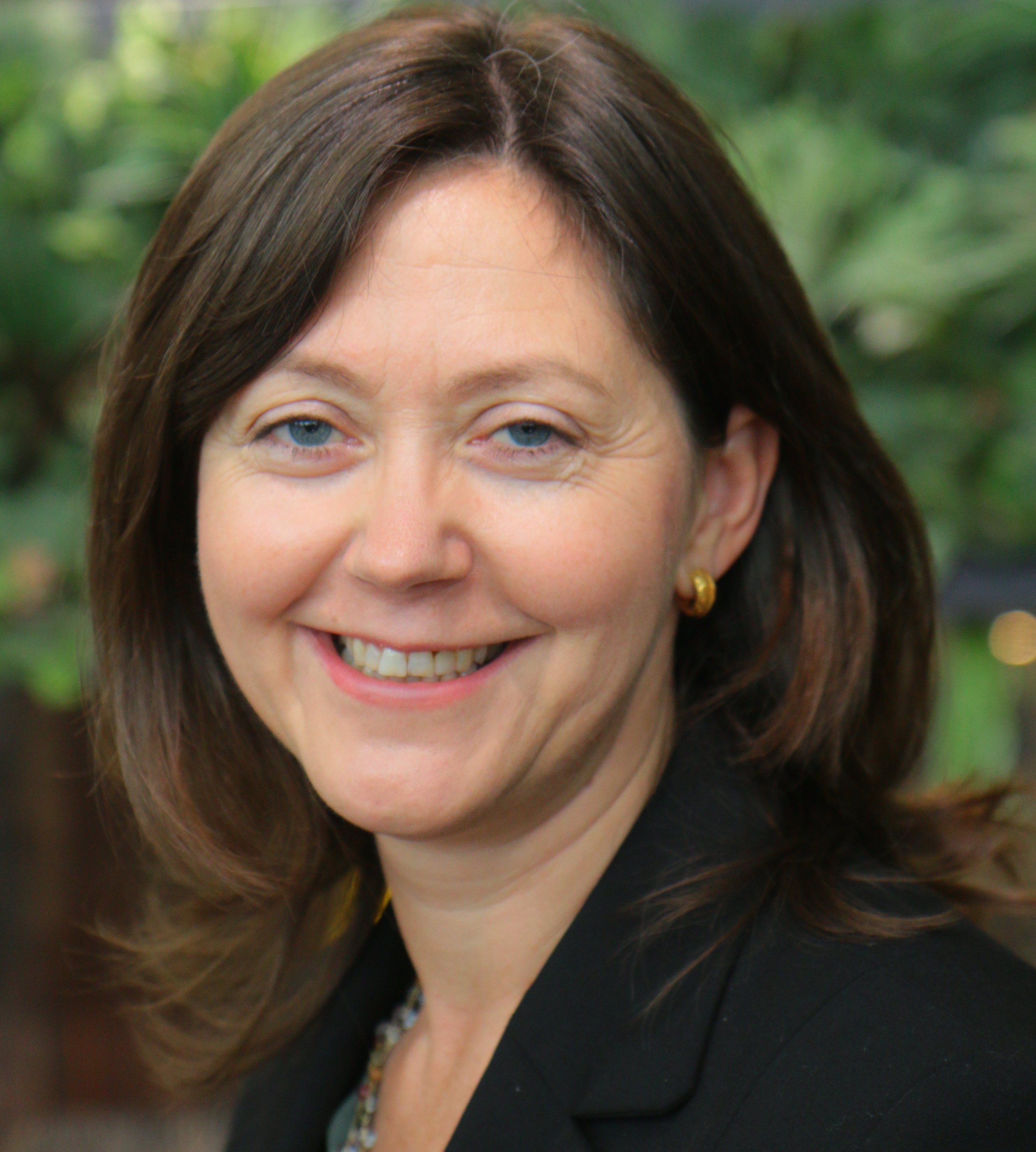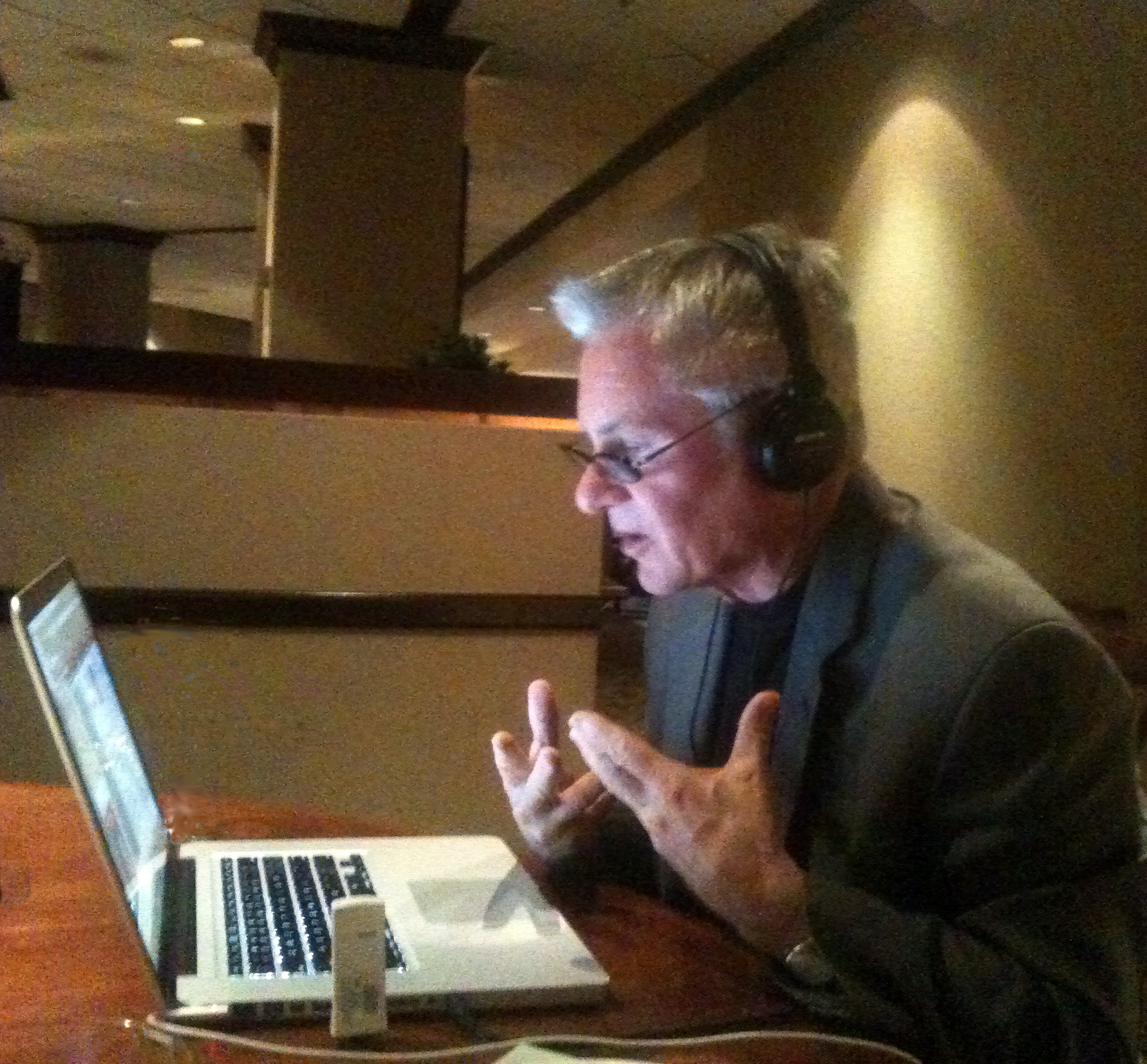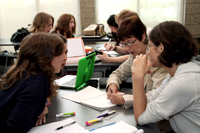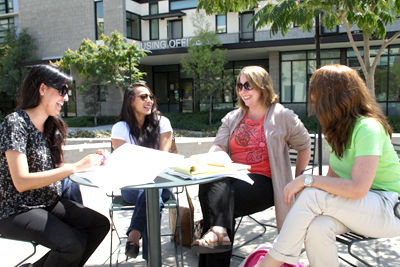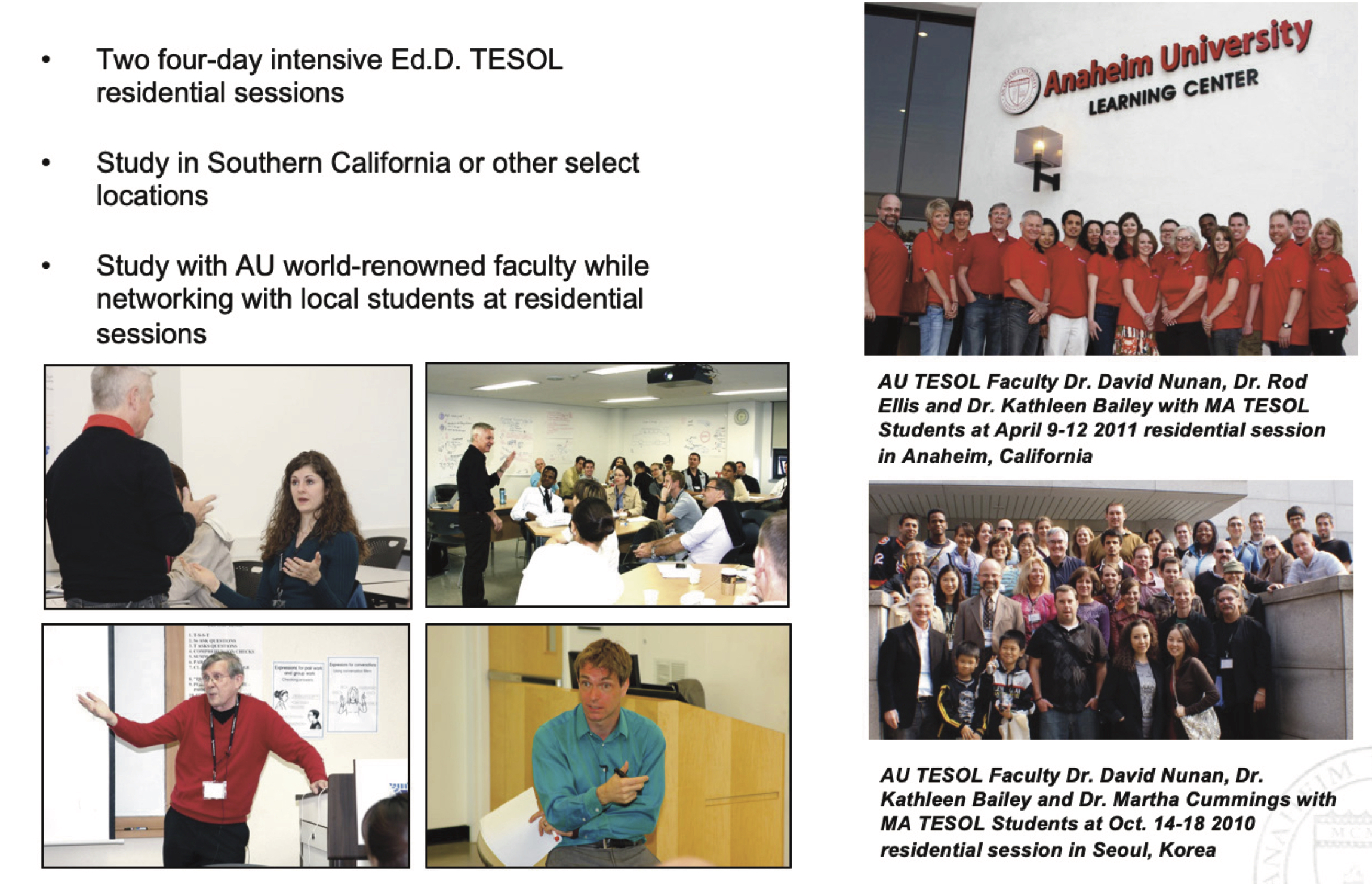Experience Anaheim University's TESOL Faculty
Rod Ellis, Ph.D.
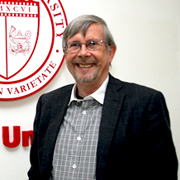
Vice President of Academic Affairs
Doctor of Education in TESOL Program Designer
Senior Professor: TESOL
Dr. Rod Ellis is Vice President of Academic Affairs, Senior TESOL Professor and the designer of the Doctor of Education in TESOL degree program at Anaheim University. A distinguished thought leader in the field of Second Language Acquisition, Prof. Ellis received his Doctorate from the University of London and his Master of Education from the University of Bristol. A former professor at Temple University both in Japan and the US, Prof. Ellis has served as the Director of the Institute of Language Teaching and Learning at the University of Auckland, a John Curtin Distinguished Professor at C...
Learn More
Hayo Reinders, Ph.D.

Graduate School of Education Chair of Research
TESOL Professor, Graduate School of Education
Dr. Hayo Reinders is Chair of Research and TESOL Professor for the Anaheim University Graduate School of Education. Holding a Ph.D. in Language Teaching and Learning from the University of Auckland, Dr. Reinders is also Professor of Education and Head of Department at Unitec in Auckland, New Zealand. His previous positions include Head of Learner Development at Middlesex University in London, Director of the English Language Self Access Centre at the University of Auckland in New Zealand and associate professor at RELC in Singapore. He has worked with teachers from a large number of countri...
Learn More
David Nunan, Ph.D
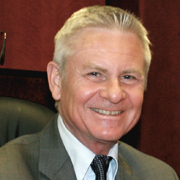
Master of Arts in TESOL Designer
Senior Professor: TESOL
Dr. David Nunan is the Director of the Anaheim University David Nunan TESOL Institute and Senior Professor of TESOL for the Anaheim University Graduate School of Education. He was the founding Dean of the Anaheim University Graduate School of Education and previously served as President of Anaheim University from 2006 to 2008 and as Vice-President for Academic Affairs from 2008 to 2013. Dr. David Nunan is former president of TESOL, the world's largest language-teaching organization. Dr. Nunan is an applied linguist and author of English Language Teaching textbooks for Cambridge University P...
Learn More
MaryAnn Christison, Ph.D.
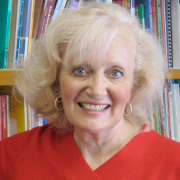
Professor: TESOL
Dr. MaryAnn Christison is a TESOL Professor in the Anaheim University Graduate School of Education. A past President of TESOL (1997-1998), MaryAnn Christison serves on the Board of Trustees for The International Research Foundation (TIRF). Holding a Ph.D. in English/Linguistics from the University of Utah, Dr. Christison has been teaching graduate and undergraduate courses in applied linguistics for over 30 years. She is the author of over 80 refereed articles in journals on language teaching and second language research and 18 books including Leadership in English Language Education: Theor...
Learn More
Andy Curtis, Ph.D.

Professor: TESOL
Dr. Andy Curtis is a TESOL Professor in the Anaheim University Graduate School of Education. From 2015 to 2016, he served as the 50th President of TESOL International Association, the largest association of its kind in the world, as the first Association President of Indian origin, and the first from the Afro-Caribbean Pacific (ACP). As one of the very few presidents of color, in the 55-year history of the Association, much of his work has focused on the intersectionality of Race, Color and English Language Teaching (Curtis & Romney, 2006). After some years of working in UK hospitals, a...
Learn More
Thom Hudson, Ph.D.
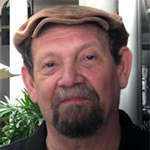
Professor: TESOL
Dr. Thom Hudson is a TESOL Professor in the Anaheim University Graduate School of Education. He received his BS degree in sociology from the University of California at Berkeley, and his MA degree in TESOL and Ph.D. in Applied Linguistics from the University of California at Los Angeles. Dr. Hudson is professor of Second Language Studies (SLS) at the University of Hawai'i at Mānoa, and co-editor of the electronic journal Reading in a Foreign Language. He has been on the Department of SLS faculty at UHM since 1989. Prior to coming to Hawai’i, he taught three years in Cairo, Egypt, numerous y...
Learn More
Ken Beatty, Ph.D.

Professor: TESOL
Dr. Ken Beatty is a TESOL Professor in the Anaheim University Graduate School of Education. A specialist in the area of Computer Assisted Language Learning (CALL), Dr. Beatty is the author/co-author of more than 140 textbooks and readers from the primary through university levels. Although most of these focus on various aspects of English as a Second Language, he also writes and reviews on the topic of Computer-Assisted Language Learning (CALL). Dr. Beatty has worked at universities in Asia, North and South America, and the Middle East. He holds a Ph.D. in Curriculum Studies from the Univer...
Learn More
John Macalister, Ph.D.

Professor: TESOL
John Macalister is a TESOL Professor at Anaheim University and Head of the School of Linguistics and Applied Language Studies at Victoria University of Wellington, New Zealand, and immediate past president of the Applied Linguistics Association of New Zealand. His work in language curriculum design and language teaching methodology have been highlighted in two books published by Routledge and co-authored with Professor Paul Nation. One of the defining characteristics of John’s work is the link between research and practice with a recent example being the design of an English curriculum for...
Learn More
Jo Mynard, Ph.D
Professor: TESOL
Dr. Jo Mynard is a Professor in the Anaheim University Graduate School of Education, Professor in the English Department, Director of the Self-Access Learning Center (SALC), and Director of the Research Institute for Learner Autonomy Education (RILAE) at Kanda University of International Studies (KUIS) in Chiba, Japan. She completed her Ed.D. in TEFL from the University of Exeter, UK in 2003 and an M.Phil. in Applied Linguistics from Trinity College, University of Dublin, Ireland in 1997. She has lived in Japan since 2015, but has also worked in the United Arab Emirates, France, Spain, Germany, Australia, the USA and Ireland and has been involved in language education since 1993. She is the founding editor of SiSAL Journal (Studies in Self-Access Learning), has been a committee member of the IATEFL Learner Autonomy Special Interest Group since 2001, and is an executive officer for the International Association for the Psychology of Language Learning. Her professional interests are learner autonomy, advising in language learning, affect, and learning beyond the classroom/self...
Learn More
Brian Tomlinson, Ph.D.
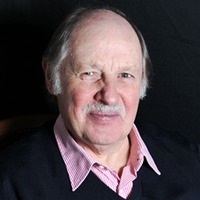
Professor: TESOL
Dr. Brian Tomlinson is a TESOL Professor in the Anaheim University Graduate School of Education. He is considered to be one of the world's leading experts on materials development for language learning. In 1993 he established the world's first MA dedicated to the study of materials development for language learning (at the University of Luton in the UK) and he founded MATSDA (Materials Development Association). He has been Chair and then President of MATSDA ever since 1993 and, as such, he launched the journal Folio and ran (with Hitomi Masuhara) a number of materials writing workshops in t...
Learn More
Alessandro Benati, Ph.D.
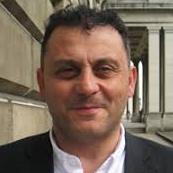
Professor: TESOL
Alessandro Benati is a professor at University College Dublin (Ireland). He has held positions in several British and overseas institutions. He is known for his work in second language acquisition, and he published ground-breaking research on the pedagogical framework called processing instruction. His research on processing instruction has been recently driven by the use of new online measurements (e.g., eye tracking, self-paced reading). Alessandro has coordinated national and international high-impact research projects which have been influential in determining educational policy and had...
Learn More
Talia Isaacs, Ph.D.
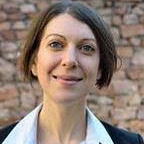
Associate Professor: TESOL
Dr. Talia Isaacs is a TESOL Associate Professor in the Anaheim University Graduate School of Education. She holds a Ph.D. in Second Language Education from McGill University and serves as Associate Professor of TESOL and Applied Linguistics at the UCL Institute of Education, University College London. She has designed and taught a wide range of courses in applied linguistics and TESOL at four UK and Canadian universities, including in language testing, aural/oral communication, TESOL pedagogy and curriculum, second language acquisition, and research methods. Her work on assessing second lan...
Learn More
Casey Keck, Ph.D.

Associate Professor: TESOL
Dr. Casey Keck is a TESOL Associate Professor in the Anaheim University Graduate School of Education and Associate Professor of Linguistics and Associate Chair of the English Department at Boise State University. She has over 20 years of experience teaching English as a second language to immigrants, refugees, and international students. She holds an MA in TESL and a PhD in Applied Linguistics from Northern Arizona University. Her research focuses on best practices in teaching English to adults in both community and university contexts, and her book, Pedagogical Grammar, is used in graduate...
Learn More
Masatoshi Sato, Ph.D.
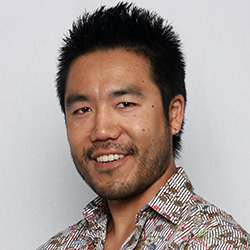
Associate Professor: TESOL
Dr. Masatoshi Sato is a TESOL Associate Professor in the Anaheim University Graduate School of Education. Dr. Sato earned his Ph.D. in Educational Studies, Language Acquisition and a Master of Arts in Second Language Education from McGill University, as well as a Graduate Certificate in TESOL from the University of New Mexico and a Bachelor of Arts in International and Intercultural Communication from Kobe University. In addition to serving as Associate Professor in TESOL at Anaheim University, Dr. Sato is a Professor in the Department of English at Universidad Andrés Bello, Chile. His res...
Learn More
Natsuko Shintani, Ph.D.
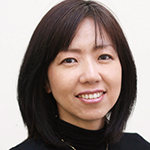
Associate Professor: TESOL
Dr. Natsuko Shintani is a TESOL Associate Professor in the Anaheim University Graduate School of Education. She obtained her Ph.D. from the University of Auckland in 2011. She has worked as a language teacher in Japan and New Zealand, including in her own private language school for children. Her research interests include task-based language instruction, the role of interaction in second language acquisition and written corrective feedback. She has also worked on several meta-analysis studies of form-focused instruction. She has published widely in leading journals and is currently working...
Learn More
Scott Aubrey, Ph.D.

Assistant Professor: TESOL
Dr. Scott Aubrey is a TESOL Assistant Professor in the Anaheim University Graduate School of Education. Scott Aubrey received his Ph.D. in Applied Linguistics from the University of Auckland in 2016. He has taught at language schools and universities in Korea, Japan, and Hong Kong. Scott’s research and teaching interests include L2 motivation, the role of inter-cultural contact (inside and outside the classroom) in language learning, task-based language teaching, and L2 writing instruction. His published work includes articles in leading journals such as TESOL Quarterly, Language Teaching...
Learn More
Vivian Bussinguer-Khavari, Ph.D.

Assistant Professor: TESOL
Dr. Vivian Bussinguer-Khavari is a TESOL Assistant Professor in the Anaheim University Graduate School of Education. Originally from Brasilia, Brazil, she was raised bilingually, acquiring both Portuguese and English simultaneously, while attending an international school from age 3 to 18. Upon high school completion, she was granted a full scholarship by the Japanese government, offered directly by the Ministry of Education, Culture, Sports, Science and Technology. She took up the challenge of studying in a brand-new environment and pursued higher education in Japan. After studying the Jap...
Learn More
Stephen Ryan, Ph.D.

Assistant Professor: TESOL
Dr. Stephen Ryan is a TESOL Assistant Professor in the Anaheim University Graduate School of Education and a professor in the School of Culture, Media, and Society at Waseda University in Tokyo. Stephen Ryan has been involved in language education for over 25 years, and for most of that time, he has been based in Japan. His research and publications cover various aspects of psychology in language learning, including the award-winning Exploring Psychology in Language Learning and Teaching, co-authored with Marion Williams and Sarah Mercer, and The Psychology of the Language Learner Revisited...
Learn More
In remembrance: Sandra McKay, Ph.D. (1945-2023)

Professor: TESOL
Dr. Sandra McKay was a TESOL Professor in the Anaheim University Graduate School of Education, Professor Emeritus of English at San Francisco State University and an affiliate faculty member in the Second Language Studies program at the University of Hawaii, Manoa. She received her doctorate from the college of education at the University of Minnesota in applied linguistics. Her main areas of work and research were second language teacher education, sociolinguistics (with a focus on English as an international English) and research methods. She also published and presented on topics related...
Learn More
In Remembrance: Ruth Wajnryb, Ph.D. (1948-2012)
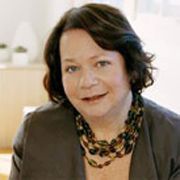 Ruth Wajnryb, Ph.D.
Ruth Wajnryb, Ph.D.
Former Professor Emeritus TESOL and Graduate School of Education Associate Dean
A distinguished linguist known for her theory on "Dictogloss", Dr. Ruth Wajnryb served as the word/language columnist for Australia's leading newspaper, the Sydney Morning Herald.
Learn More Read More









